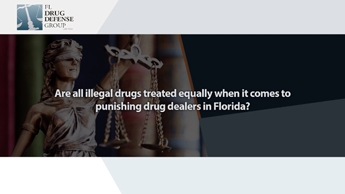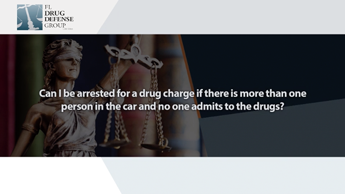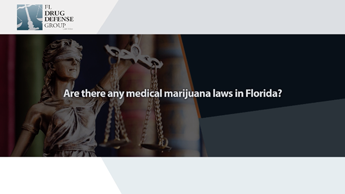What Happens To Your Voting Rights If You Get A Drug Conviction In Florida?

The long-term consequences of getting a criminal conviction are the hardest to deal with. Spending months or years in jail or prison is difficult, but most people get through it by focusing on the things they want to do once they get out, and they pass the time working on their physical fitness or reading to learn about new things. Even after your sentence ends, even after sitting with your family and eating your favorite foods seems normal again, you still have to deal with the fact that your criminal record shows up on background checks and that you are no longer allowed to own or purchase firearms. In Florida, though, most felony convictions do not entail a lifetime ban from voting. The laws related to restoration of voting rights after a felony conviction are in flux, so the best way to ensure that you are eligible to vote in upcoming elections is to have a Florida drug offense attorney help you fight the charges or reduce them to misdemeanor charges.
You Can Still Vote If You Have a Misdemeanor Conviction
A misdemeanor conviction, whether or not the charges were drug-related, does not take away your voting rights. You can vote if your sentencing hearing is the day before the election, if you have already finished your sentence, or any time in between. You can even register to vote and request and send absentee ballots from jail.
Restoring Voting Rights After a Felony Conviction
A conviction for murder or a felony sex offense such as rape or distribution of child exploitative material means a lifetime ban from voting. For all other felonies, including felony drug offenses such as drug trafficking, the exclusion from voting is temporary. Ever since the passage of Amendment 4 in 2018, Florida law restores voting rights to people with felony convictions upon completion of their prison or probation sentences. In 2019, a law went into effect saying that, before being allowed to vote, people with felony convictions must also satisfy all legal financial obligations associated with their sentences, such as fines and restitution payments.
The 2019 law is controversial; its supporters argue that restoration of voting rights should happen only after a defendant fulfills all the conditions of their sentence, including legal financial obligations. Opponents of the 2019 law argue that excluding people from voting until they have paid their court-ordered obligations violates the 24th Amendment to the U.S. Constitution, which outlaws poll taxes. In other words, they argue that any law that requires people to pay money in exchange for the right to vote is unconstitutional. If at all possible, you should pay your fines before casting a ballot; you don’t want to get more felony charges for illegal voting.
Contact FL Drug Defense Group About Avoiding Felony Convictions
A Central Florida criminal defense lawyer can help you avoid felony convictions, or if you already have a felony conviction, can help you restore your voting rights. Contact FL Drug Defense Group in Orlando, Florida to discuss your case.
Sources:
brennancenter.org/our-work/research-reports/voting-rights-restoration-efforts-florida
usvotefoundation.org/ex-off-voting-rights/Florida
ncpolicywatch.com/2022/05/02/florida-gave-voting-rights-to-people-with-felony-convictions-now-some-face-charges-for-voting/







